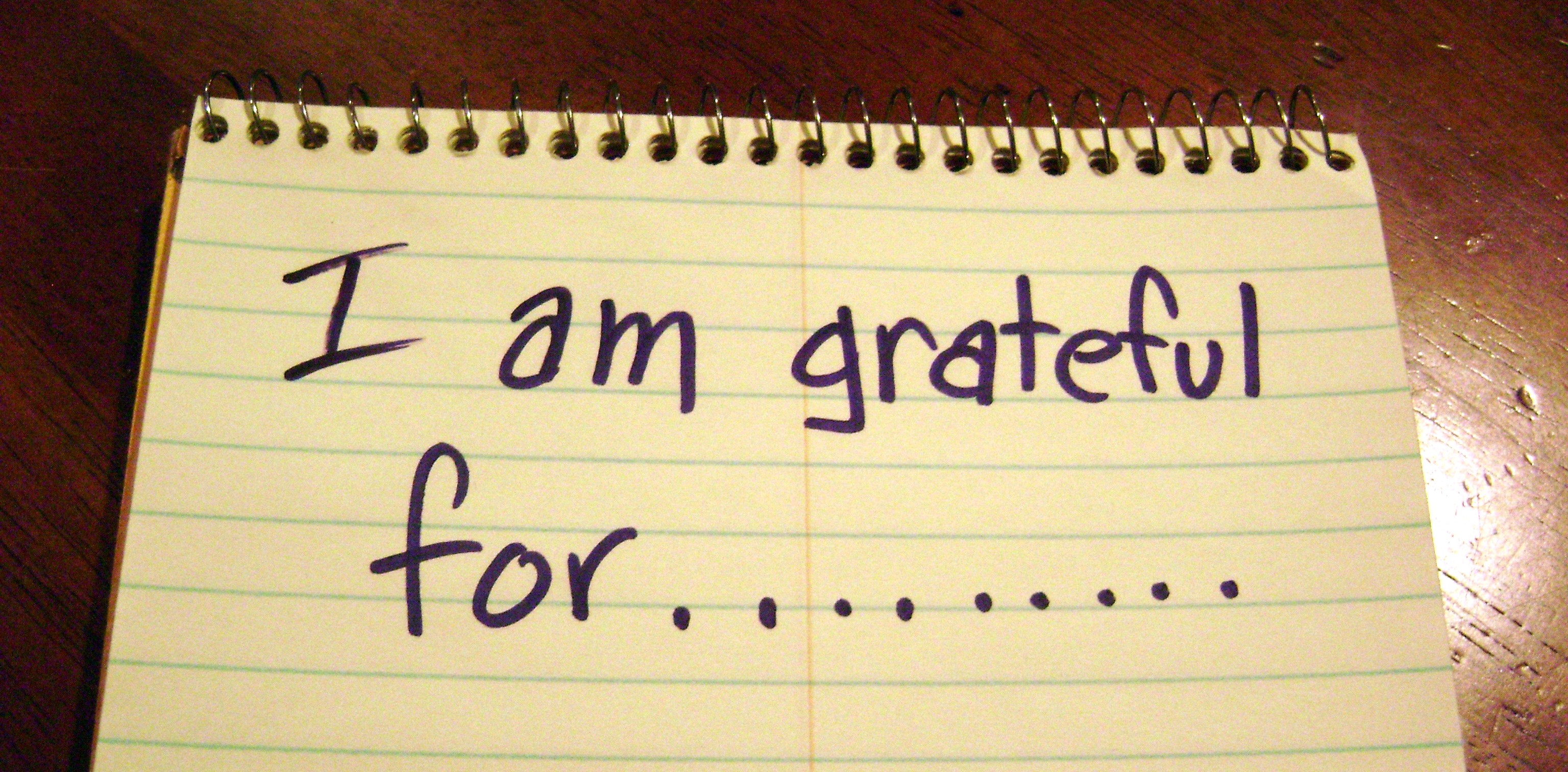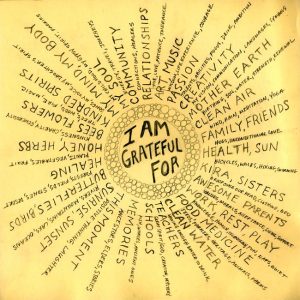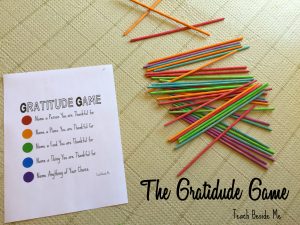Good Gratitude

One of the gifts of being a pastor is the invitation to walk with folks through the difficult times of life. Because of this gift, I get to hear how folks are dealing with tough situations. And I value every thought idea and word shared. They give me amazing insight into how we humans cope with life through both the good and not-so-good.
Part of being a pastor who cares about folks journeying through difficult times is checking in on them. So, I often find myself asking a question like,
- “How are you doing with this difficult situation?”
- “How are you feeling about things right now?”
There are really no wrong answers to these questions. But there is an answer that usually causes me to pause and dig deeper. That answer goes something like this:
Hey, there are people who have things a lot worse off than me. So I am thankful I am not worse off than I am.
Now, I value gratitude…immensely. So I appreciate the sentiment of being thankful during difficult situations. The Psalm for this week (Psalm 118) would agree. It begins and ends with gratitude:
Give thanks to the Lord because he is good, because his faithful love lasts forever. (CEB, v. 1 & 29)
True gratitude, however, is much deeper than simply being thankful that life is not as bad as it could be compared to other people. And, in fact, I fear that this sentiment may arise from feelings of obligation or guilt.
Here is what I mean: There is often a voice in the back of our head that says to us, “Stop pitying yourself, people have it worse, you should be grateful.” (And sometimes that voice is not just in your head – it is the voice of a friend or family members, maybe even a voice from scripture.) And just because you think you should be grateful (or just because someone told you should be grateful) does not necessarily mean you actually are grateful.
Some would say that gratitude inspired by guilt, obligation or shame is not real gratitude at all. I am not sure I am willing to go that far. But I do think that there is a difference between gratitude which arises from guilt or obligation and gratitude that arises from satisfaction and appreciation. And I suspect the latter is a happier, more healthy form of gratitude…like the gratitude encouraged by Psalm 118.
This week we have talked a bit about managing the challenging times of life, especially those times when you feel anxious, stressful, dry, worn out or burnt out. On Sunday we talked about slowing down, stopping, paying attention and stepping back so that you can see the forest of God’s good gifts and not just tree after tree of problems. Yesterday, Joanie wrote about another step in dealing with life’s struggles: waiting. God is with us when we wait. And God can (and will) strengthen us when we are willing to slow down and wait.
 Gratitude is a third step in navigating life’s more demanding journeys. Genuine gratitude which arises from feelings of satisfaction and appreciation (not guilty gratitude or obligatory gratitude), is a key to a healthy life because it
Gratitude is a third step in navigating life’s more demanding journeys. Genuine gratitude which arises from feelings of satisfaction and appreciation (not guilty gratitude or obligatory gratitude), is a key to a healthy life because it
- MAKES US RESILIENT – Gratitude helps you bounce back from crises and trauma. Studies have found that gratitude (and other positive emotions) actually helped people better cope after the terrorist attacks on September 11th, 2001.
- IMPROVES OUR RELATIONSHIPS – When you’re feeling thankful and appreciative, you have a tendency to be kinder and more empathic to people. Studies have shown that gratitude in your marraige relationship can help promote positive marital outcomes.
- HELPS US FEEL MORE IN CONTROL – Gratitude gives us a better sense of reality because we see ourselves by what we do have rather than by what we do not have. And we have more control over what we do have than what we do not have.
So, if we want healthy lives – if we want to better deal with life’s troubles – then let’s work on our gratitude. I want to encourage you to find some practical tools for being thankful. Don’t let that voice in the back of your head guilt you into gratitude. Instead, find ways to grow gratitude within your life.
For example, write down things you are thankful for. Use sticky notes, a journal, a phone or computer…whatever works for you. And go back and read those things from time to time, especially when you are feeling down. Robert Emmons, a gratitude researcher, found that when people kept a gratitude journal, they were happier.
Here are some tips on making a gratitude list from a helpful source:

- BE SPECIFIC – “I’m grateful for my friends” is nice, but generic. It’s more beneficial to write: “I’m grateful for that fun, silly text exchange today with Fred.” And you could add a ‘because’–“…because we really care about each other.” Also, try to think of specific things that happened TODAY to be grateful for. Being specific helps you to connect truly with the positive emotion.
- SMALL IS OKAY: The items on your list don’t have to be big, heavy, or grandiose. It could be as simple as “I’m grateful for that delicious homemade cookie I had at lunch” or “For how great the sun felt on my face when I stepped outside.”
- TOTAL RECALL: If you want to up the benefit the most, while you’re writing, let yourself really recall what it felt like to laugh over your friend’s texts or sink your teeth into that cookie. It will increase the positive emotion and it’s a great form of prayer and mindfulness.
Okay, get started! Yeah, right now…don’t wait. Stop right now and write down 3 things you are thankful for today…small, specific and really let yourself feel it!
